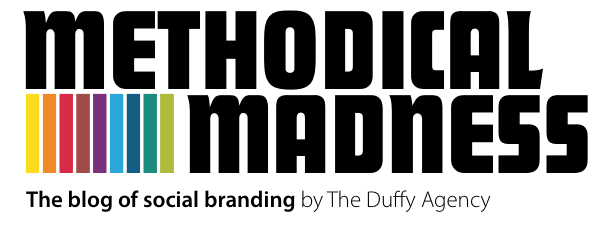Twitter on the right track with Promoted Tweets
 Tuesday, April 20, 2010 at 4:00PM
Tuesday, April 20, 2010 at 4:00PM 
Twitter may have set a new record for most time spent running a business without trying to make money. But the streak finally ended last week when they unveiled Promoted Tweets – the company’s first major step towards monetizing their hugely popular service after years of saying, “eh, we’ll figure it out later.”
Promoted Tweets are tweets from businesses that appear as ads at the top of search results based on certain keywords. So if Starbucks tweets about a special offer, they can pay to have that tweet appear as the first result in searches about coffee. Advertisers win these keywords by bidding against other companies who want their tweets to be at the top of the list. Unsurprisingly, the companies on board at launch include many who have heavily invested in marketing through Twitter already like Best Buy, Virgin America, Starbucks and Bravo. AdAge and The New York Times wrote up detailed reports on the specifics.

In an attempt to keep the PTs relevant and not feeling like spam, just paying to be there isn’t enough to stay on top. Twitter says they will measure the “resonance” of the tweets, i.e. how many users interact with them by retweeting or favoriting, and take down any PTs that are not resonating enough with users. That’s a pretty smart move as it allows users to still be in some control of all content and determine themselves what they want to see.
Sponsored search results is just the first step, as Twitter plans to extend Promoted Tweet placement into your regular twitter feed in the future. How that will go over remains to be seen as it’s a lot more intrusive than sponsoring search results. But if Twitter can keep the paid content highly relevant, I don’t think users will mind too much. Though given the randomness of most tweeple out there, defining what their interests are and keeping that content highly relevant won’t always be so cut and dry.
As Promoted Tweets aren’t a lot different than the Tweets from businesses themselves that have been bouncing around Twitter for years, and since they are limiting one PT per results page, the change should be relatively painless. And as the content should be highly relevant and interesting to users, Twitter should do quite well with this monetization plan. The real test of its success will be how many users start turning to Twitter as a search engine and away from traditional engines like Google. Twitter says the numbers are already “huge,” and if the numbers continue growing, Twitter have themselves a gold mine.
After years of providing us with a completely free, unsponsored service, I say good for them. How do you feel about Twitter’s move to cash in?
Jason Ross is a copywriter for The Duffy Agency. He loves working on both traditional and social media projects and speculating on the future of the ad industry.

Reader Comments (1)